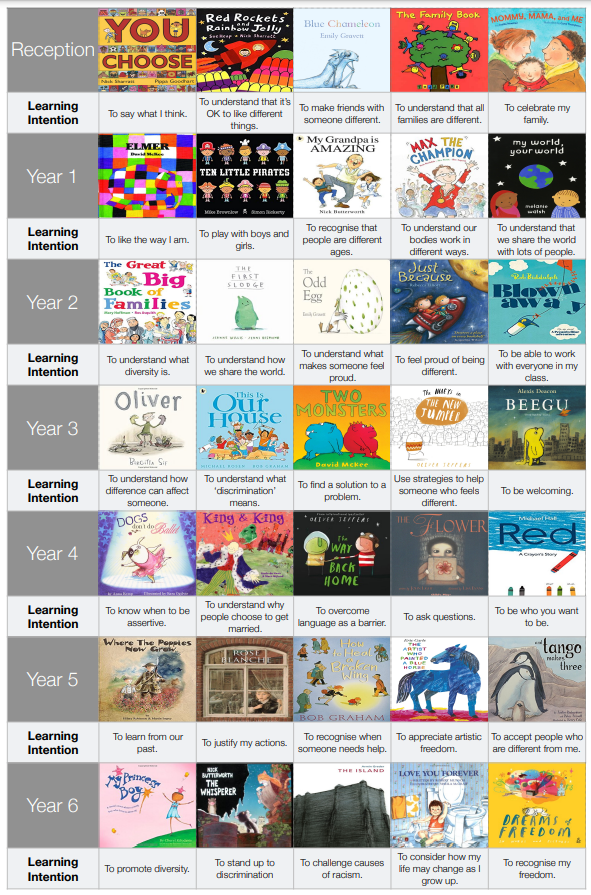Protected Characteristics at Belton All Saints
PROMOTING THE NINE PROTECTED CHARACTERISITICS
The Equality Act became law in 2010. It covers everyone in Britain and protects people from discrimination, harassment and victimisation. Under the Equality Act, there are nine Protected Characteristics:
- Age
- Disability
- Gender reassignment
- Race
- Religion or belief
- Marriage or civil partnership
- Sex
- Sexual orientation
- Pregnancy and maternity

Students from St Lawrence Academy spoke to us about their race, faiths and cultures
 Collecting donations for people less fortuante than ourselves
Collecting donations for people less fortuante than ourselves
Under the Equality Act you are protected from discrimination:
- When you are in the workplace
- When you use public services like healthcare (for example, visiting your doctor or local hospital) or education (for example, at your school or college)
- When you use businesses and other organisations that provide services and goods (like shops, restaurants, and cinemas)
- When you use transport
- When you join a club or association (for example, your local tennis club)
- When you have contact with public bodies like your local council or government departments
The 9 Protected Characteristics are actively promoted in school through:
- Our school rules
- Our school core values and ethos
- Our school behaviour policy
- Conscious role modelling by all adults in the school community
- Active engagement and communication with parents and carers
- Assemblies
- British Values embedded within the curriculum and covered in picture news assemblies
- A cross-curricular approach to learning
- Promoting articulation by building appropriate language and a coherent vocabulary
- Personal, Social, Health and Economic education (PSHE) sessions
- Religious Education (RE) lessons, RSE lessons and Protected Characteristic talks
- Sporting, Art and Cultural Events
- Pupil Voice
- Educational visits
- Real-life learning outside the classroom
- Developing links with local, national and international communities
- Extra-curricular activities, after-school clubs, charity work and work within the local community
At our school, rather than teaching all the protected characteristics in every year group, we ensure that our children are given opportunities to develop age-appropriate knowledge and understanding through a well-planned and delivered curriculum. Please refer to the document below to see how Protected Characteristics are also covered within our use of the Jigsaw PSHE scheme.
We have aligned Jigsaw PSHE lessons to the Equality Act. The grid below shows how particular Jigsaw lessons address these themes:
| Protected characteristics | What this refers to | Links to Jigsaw |
|---|---|---|
| Age | Where this is referred to, it refers to a person belonging to a particular age (for example 32 year olds) or range of ages (for example 18 to 30 year olds). | Celebrating Difference Ages 10-11 Piece 3: Power Struggles |
| Gender reassignment | The process of transitioning from one gender to another. | Celebrating Difference Ages 5-6 Piece 6: Celebrating Me. Ages 7-8 Piece 5: Gender diversity Ages 8-9 Piece 1: Judging by appearances Ages 10-11 Piece 2: Understanding difference |
| Being married or in a civil partnership | Marriage is no longer restricted to a union between a man and a woman but now includes a marriage between a same-sex couple. Same-sex couples can also have their relationships legally recognised as 'civil partnerships'. Civil partners must not be treated less favourably than married couples (except where permitted by the Equality Act). | Celebrating Difference Ages 7-8 Piece 1: Families |
| Being pregnant or on maternity leave | Pregnancy is the condition of being pregnant or expecting a baby. Maternity refers to the period after the birth, and is linked to maternity leave in the employment context. In the non-work context, protection against maternity discrimination is for 26 weeks after giving birth, and this includes treating a woman unfavourably because she is breastfeeding. | Celebrating Difference Ages 3-4/4-5 Piece 3: Families Ages 7-8 Piece 1: Families |
| Disability | A person has a disability if she or he has a physical or mental impairment which has a substantial and longterm adverse effect on that person's ability to carry out normal day-to-day activities. | Celebrating Difference Ages 10-11 Piece 5: Celebrating difference |
| Race including colour, nationality, ethnic or national origin | Refers to the protected characteristic of Race. It refers to a group of people defined by their race, colour, and nationality (including citizenship) ethnic or national origins. | Celebrating Difference Ages 9-10 Piece 2: Racism |
| Religion, belief or lack of religion/belief | Religion has the meaning usually given to it but belief includes religious and philosophical beliefs including lack of belief (such as Atheism). Generally, a belief should affect your life choices or the way you live for it to be included in the definition. | Celebrating Difference Ages 9-10 Piece 1: Different Cultures |
| Sex | A man or a woman. | Celebrating Difference Ages 6-7 Pieces 1&2: Boys and Girls |
| Sexual orientation | Whether a person's sexual attraction is towards their own sex, the opposite sex or to both sexes. | Changing Me Ages 10-11 Piece 4: Boyfriends and girlfriends |
Picture News
Find out more about Picture News here: Teaching Resources for Assemblies | Picture News (picture-news.co.uk)
PSHE beyond Jigsaw
We strive to ensure that the principles of PSHE underpin all that we do in school. Our school rules and values support our positive learning culture and all staff contribute to maintaining a nurturing and safe environment for our children to come into every day.
We take every opportunity to engage in activities and events that enrich our PSHE curriculum and provide valuable learning experiences for our children.
Books that encourage our positive and guided discussion of the protected characteristics.
